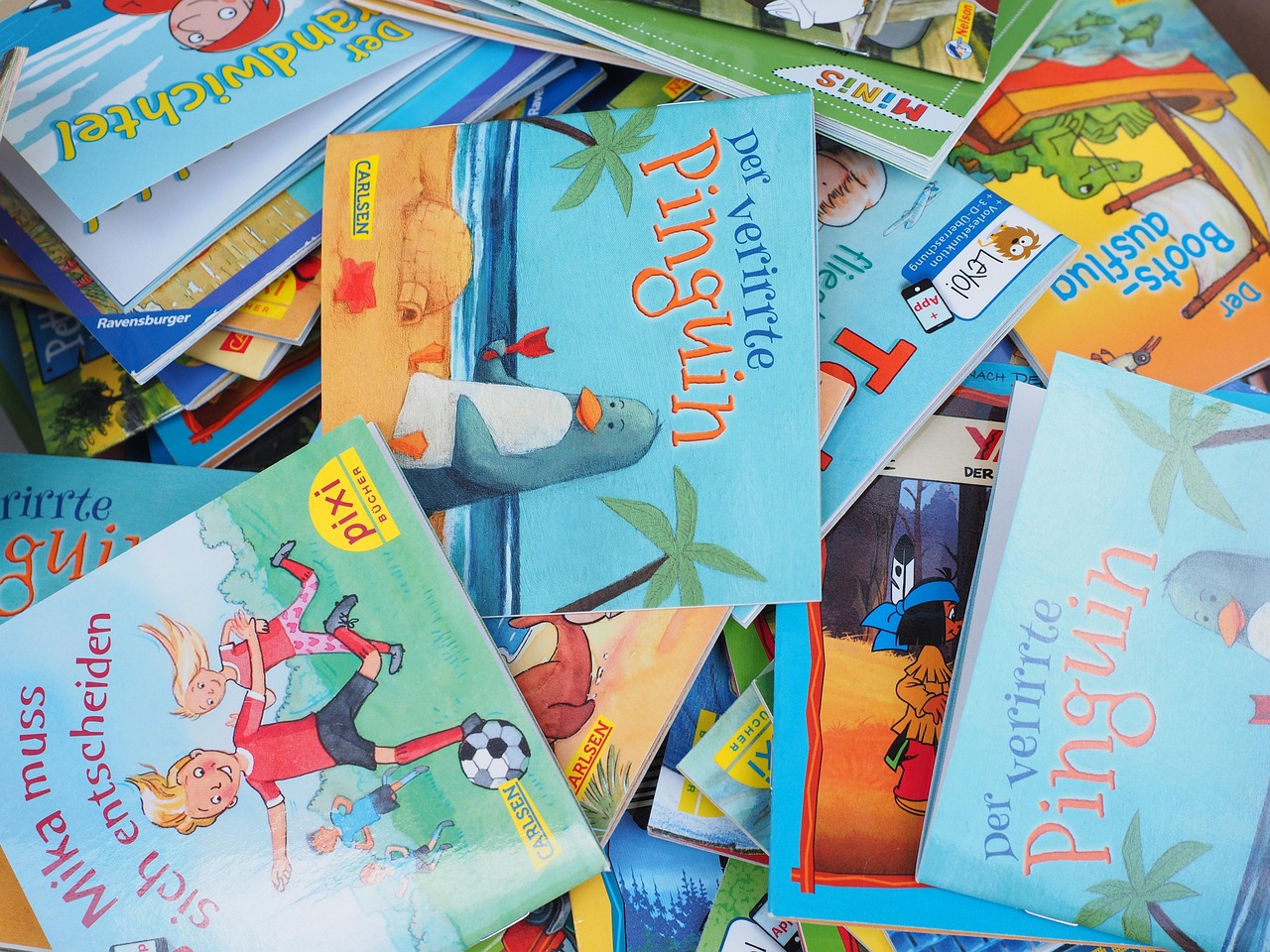Article Title:Experiencing Experiences with Literature
Abstract:
This paper defends the idea that literary works can be vehicles of what has been called experiential knowledge; that is, literary works can offer knowledge of what it is like to have a particular kind of experience. After reviewing some of the critiques this epistemological conception of literature has recently received, I offer a reading of one of its earliest formulations, found in Dorothy Walsh's book Literature and Knowledge (1969), which I believe is still relevant to contemporary discussions on the topic. By combining some key insights from Walsh's account with John Dewey's understanding of experience as a form of undergoing, I argue that literary works can give a sense or a feel of what it is like to experience something, while acknowledging that there are also some important differences between literary and real-world experiences. I illuminate my own understanding of experiential knowledge by analysing the account of the experience of social death in Toni Morrison's novel Beloved (1987). I am especially interested in identifying the stylistic and literary techniques behind the experiential knowledge I believe the novel offers. The paper ends by providing a closer examination of the character of the literary experience underpinning experiential knowledge and by putting forth reasons why experiential knowledge should be considered a serious epistemic notion.
Keywords: cognitive value; Dorothy Walsh; experience; experiential knowledge; John Dewey; philosophy of literature; Toni Morrison
DOI: 10.33134/eeja.413
Source:ESTETIKA-THE EUROPEAN JOURNAL OF AESTHETICS
Welcome to correct the error, please contact email: humanisticspider@gmail.com



